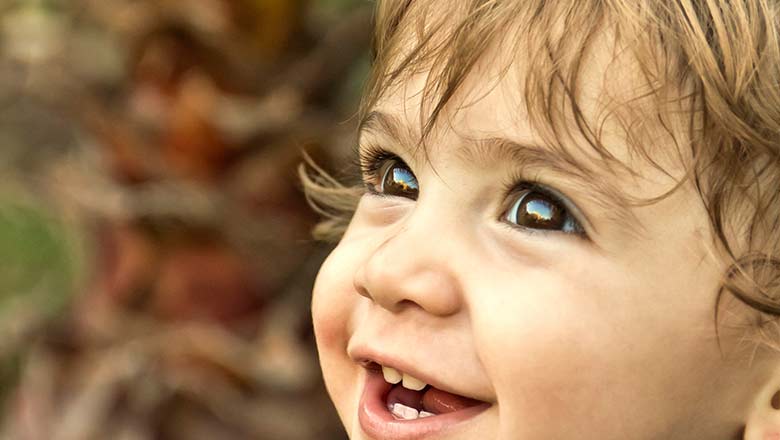Search

News & Events
New collaboration to boost kids early childhood development outcomes across AustraliaA new collaboration has been launched to fast track research into action to improve outcomes in the crucial early years of child development and learning.
News & Events
A world first for Aussie kids putting Australia's children on the mapIn a world first, 96 per cent of communities in Australia now have vital information about their children's development
News & Events
How mums talk influences children’s perspective-taking abilityNew research shows that kids whose mums talk more frequently about others' thoughts tend to be better at taking another's perspective than other children.
News & Events
WA researchers awarded $9.7 million for ground-breaking child health studiesWA researchers awarded $9.7 million for ground-breaking child health studies
News & Events
New approach needed to tackle child abuse and neglectLeading child advocates have called for a new approach to tackling child abuse and neglect amid rising rates of abuse notifications
Research
Predicting regional and temporal incidence of RSV and influenza hospitalizations in a birth cohort of young Australian childrenWestern Australia experiences multiple climatic zones, influencing the epidemiology of respiratory viruses. We aimed to estimate the true incidence of respiratory syncytial virus and influenza hospitalizations across these different climatic regions using predictive modelling.
Research
Parent and Child Choice of Sugary Drinks Under Four Labelling ConditionsThe majority of Australian children exceed the World Health Organization's recommended dietary intake of free sugar, particularly through the consumption of sugar-sweetened beverages. Front-of-pack nutrition labels increase perceived risk and deter the consumption of sugar-sweetened beverages.
Research
Tumor site-directed A1R expression enhances CAR T cell function and improves efficacy against solid tumorsCitation: Sek K, Chen AXY, Cole T, Armitage JD, Tong J, ……… Waithman J, Parish IA, et al. Tumor site-directed A1R expression enhances CAR T cell
Research
Australian Group on Antimicrobial Resistance surveillance outcome programs - bloodstream infections and antimicrobial resistance patterns in Australian children and adolescents 2022 - 2023Between January 2022 and December 2023, there were 1,827 bloodstream infection (BSI) isolates in 1,745 children and adolescents reported to the Australian Group on Antimicrobial Resistance (AGAR) surveillance outcome programs, with 40% of episodes in children aged < 12 months.
Research
Assessing Clinical Deterioration in Children With Dark-Coloured Skin: A Scoping ReviewBackground: Signs of clinical deterioration may appear differently in children with dark-coloured skin. How to assess children in this cohort is currently poorly defined. Aim: To explore available information on the assessment of clinical deterioration in children with dark-coloured skin and identify research deficits.
